How To Improve Skin Health
Maintaining healthy, glowing skin can feel like a daunting task with the overwhelming array of products and advice available. However, the foundation of effective skincare lies in understanding the basics and building a routine that works for you. In this article, we’ll explore essential elements of skincare, from protecting your skin’s natural barrier and avoiding harmful ingredients to maintaining proper hygiene and integrating healthy lifestyle habits.
What You Should Know About Improve Skin Health
Cleansing your skin isn’t just about removing dirt; it’s about maintaining a balance. Over-cleansing can strip away essential lipids—these are your skin’s natural protectors. When they’re gone, your skin gets dry and sensitive. This is why gentle cleansers are better than harsh ones.
Think of your skin barrier like a wall protecting a castle. Without that strong barrier, your skin is open to all sorts of problems: dryness, irritation, and even infections. Instead of loading up on expensive serums or creams, focus on keeping that barrier strong. It’s the foundation of good skin health.
The key isn’t in using a lot of products, but in using the right ones consistently. Find simple, effective products and stick to them. Make them a non-negotiable part of your daily routine. Your skin will thank you!
Skincare Habits to Avoid
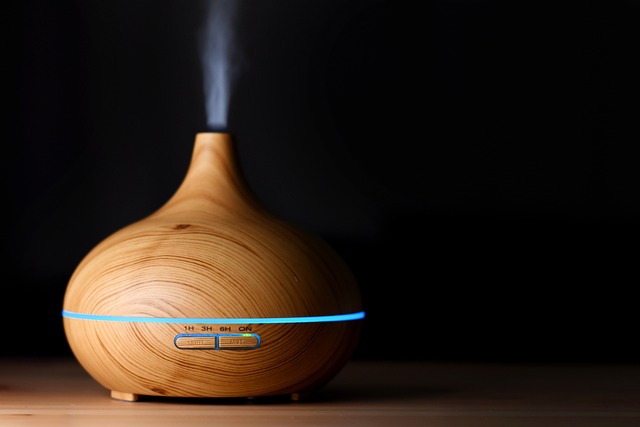
Avoid Washing Your Face with Hot Water
When rinsing your face, opt for lukewarm water at around 36-38°C. Using hot water can strip away the essential oils from your skin, leading to further dryness.
Avoid “Water-Only” Cleansing in the Morning
Even if you have dry skin, washing your face with just water in the morning isn’t ideal. Sweat, oil, and any leftover skincare products from the night before need to be washed away with a gentle cleanser. This also helps your morning toner to be absorbed more effectively.
Avoid Harsh Skincare Products
When choosing cosmetics, it’s important to check the ingredients list and avoid products with harsh additives. For those with dry skin, alcohol-free and ethanol-free products are recommended. Also, be cautious of preservatives, as they can be irritating. Look for products labeled as “preservative-free” or “free of parabens,” which typically don’t contain strong preservatives like methylparaben, ethylparaben, or EDTA (ethylenediaminetetraacetic acid).
Avoid Leaving Sheet Masks on for Too Long.
It’s a common misconception that the longer you leave a sheet mask on, the more your skin will absorb moisture. However, since there’s no oil-based barrier (like lotion or cream) sealing in the hydration, the mask’s moisture can evaporate along with your skin’s natural moisture. To prevent this, it’s crucial to follow the recommended usage time indicated on the product packaging.
Daily Essentials for Skin Health
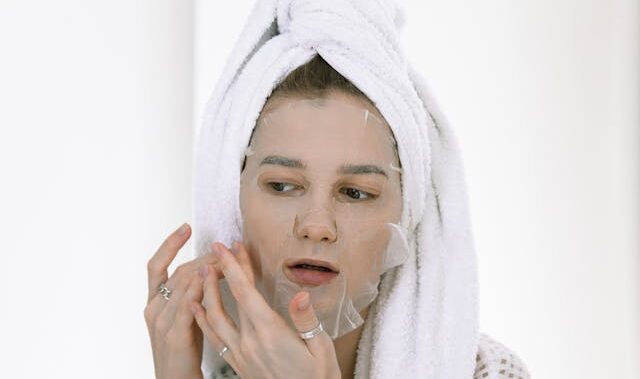
Moisturization is where the magic happens. Focus on products with essential ingredients like ceramides. These are the building blocks your skin needs to stay hydrated and protected.
Try out a two-step moisturization process.
①First, hydrate your skin with a toner or lotion.
②Then, seal in that moisture with a cream or emulsion.
This two-step method ensures your skin gets the hydration it needs and keeps it locked in.
Consistency over complexity. You don’t need a complicated skincare routine to see results. Simple and effective products used daily are what nurture your skin in the long run.
Sunscreen isn’t just for summer. Apply it every day, rain or shine, to guard against long-term damage and aging. UV rays don’t take a break, and neither should your sunscreen habit.
Preventing UV damage is easier than repairing it later on. Daily use of sunscreen can keep your skin looking youthful and healthy.
How you apply your products matters. Instead of using cotton pads or rubbing your face, gently pat the products into your skin. This reduces friction and lowers the risk of irritation.
Healthy Lifestyle Habits for Better Skin

Healthy skin starts with clean bedding.
Change your sheets weekly and make sure to air them out regularly. This prevents bacteria and dust mites from causing irritation, acne, and itching.
We all sweat during sleep, which can create a breeding ground for bacteria. Keeping your bedding clean is essential to maintaining your skin health.
Sleep
Ever notice how your skin looks brighter after a good night’s sleep? Aim for 6-7 hours to help with skin repair and keeping that barrier strong.
Exercise
Exercise isn’t just good for your body; it’s great for your skin too. Regular exercise improves circulation, giving you that healthy glow.
Balanced Diet
What you eat shows up on your skin. A balanced diet packed with proteins, fats, and supplements like amino acids, vitamins, and probiotics can boost your skin’s health and moisture levels.
Skin Hates Dryness
Humidity affects your skin too. Keep your living space at an ideal humidity level, especially during winter. This can prevent your skin from becoming dry and irritated.
Think of your skincare routine as part of a bigger picture. Combine good sleep, regular exercise, and a balanced diet to improve your skin from the inside out.
Start simple. Build your skincare habits gradually and make them part of your everyday life. Consistency is key here.
If you’re unsure about what’s right for your skin, consult a dermatologist. Professional advice can offer personalized insights and help prevent potential issues.

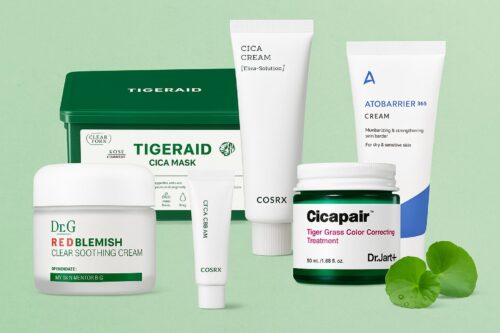
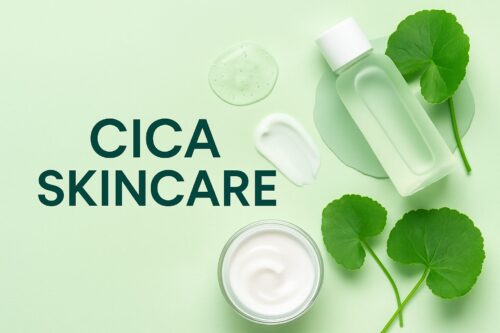
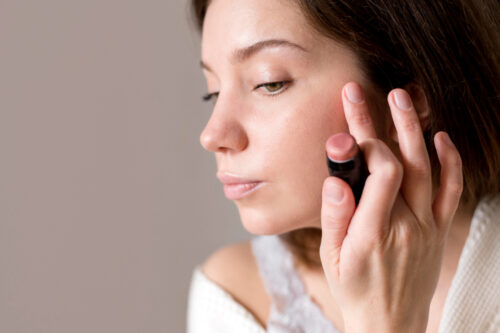

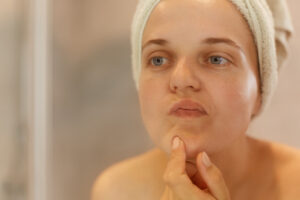
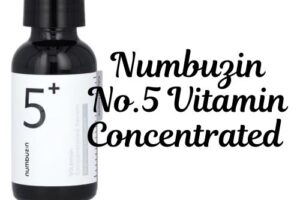
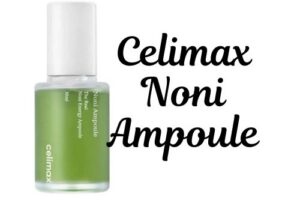
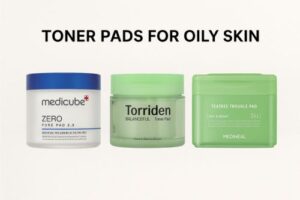

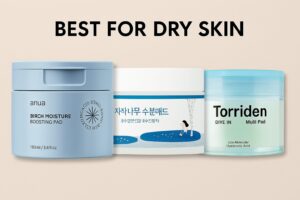



4 comments